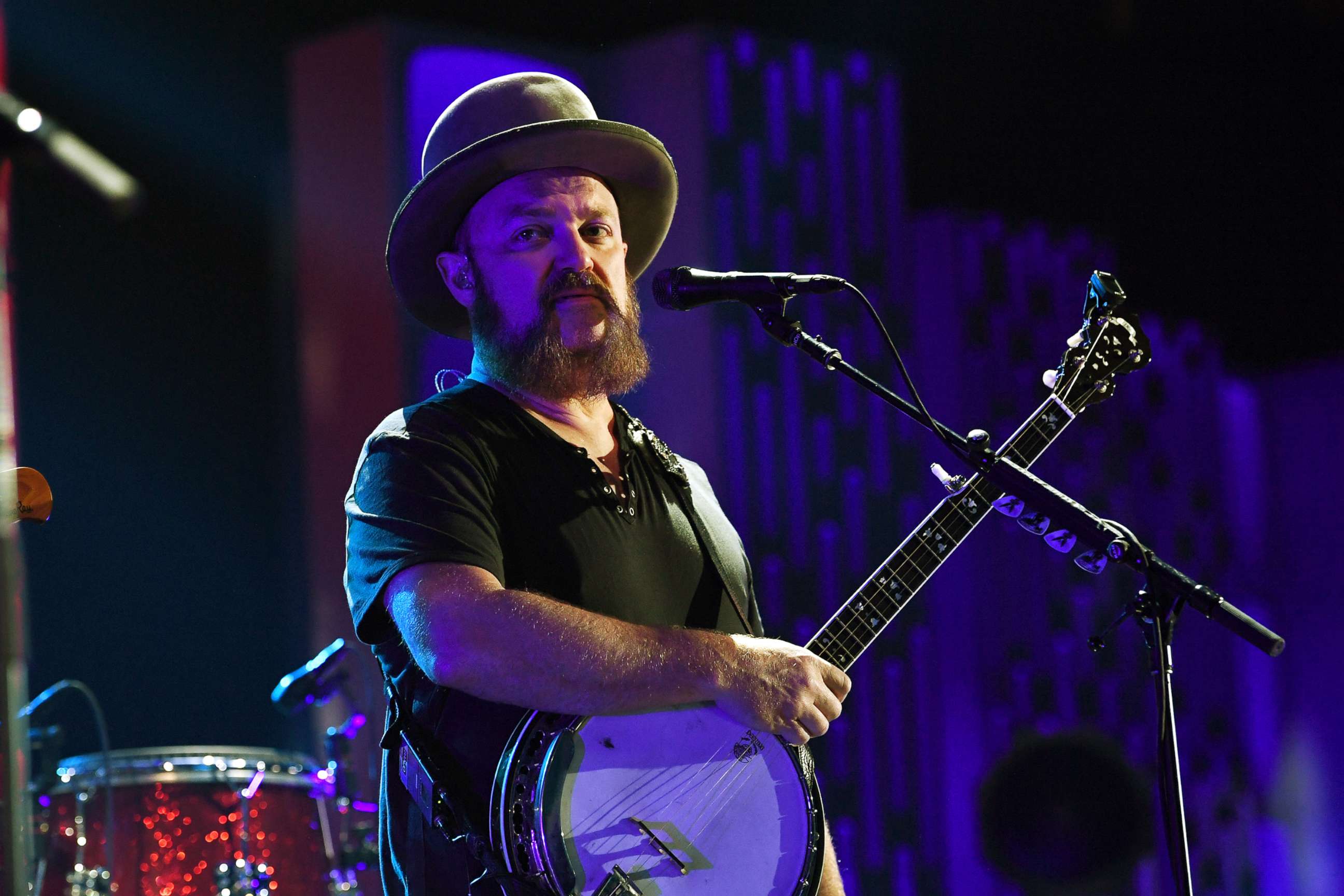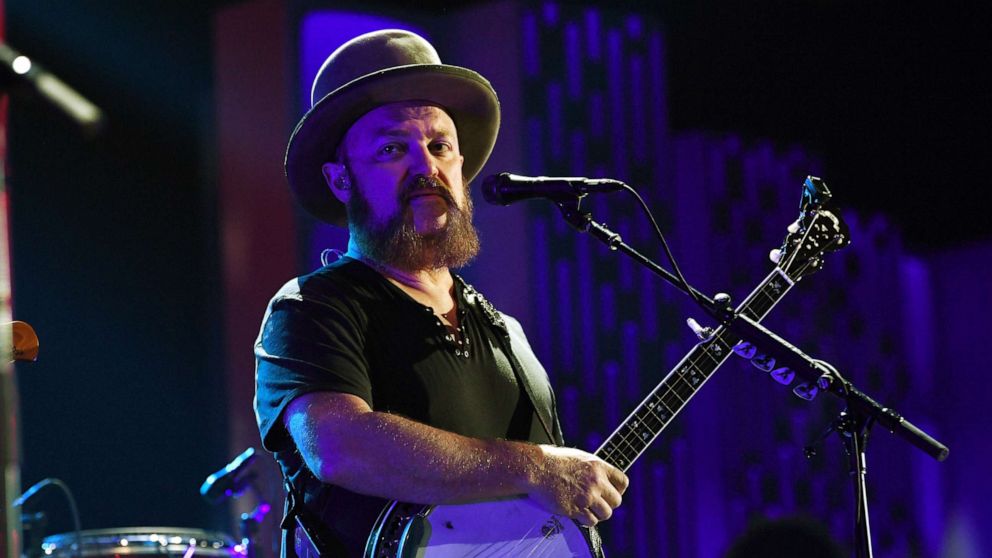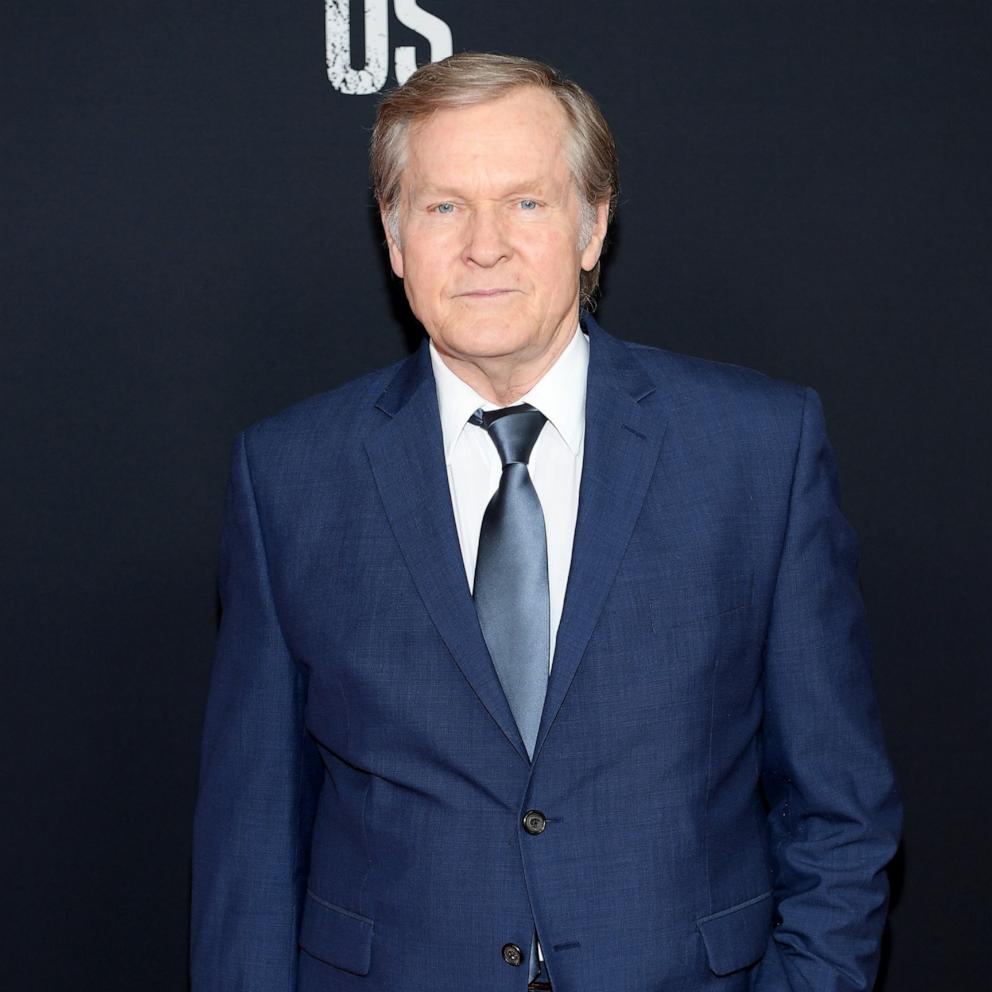Zac Brown Band's John Driskell Hopkins opens up about ALS diagnosis
Zac Brown Band founding member John Driskell Hopkins is opening up after being diagnosed with ALS.
"I don't believe that I've ever truly had anxiety until this," Hopkins told "GMA."
Over the weekend, Hopkins announced in a video message that he's been diagnosed with ALS, which is also known as Lou Gherig's disease, a motor neuron disease that results in the degeneration of the messaging system connecting the brain and muscles throughout the body, according to ABC News medical contributor Dr. Darien Sutton.
Sutton noted that the disease is very rare and affects approximately 20,000 people each year, and symptoms include muscle weakness, muscle wasting and difficulty speaking, swallowing or breathing.
With his bandmates by his side, Hopkins -- affectionately known as "Hops" -- delivered his news, describing some of his symptoms and telling fans that the progression of the disease has been very gradual.
Hopkins told "GMA" that he first noticed some decline in his motor symptoms three years ago, which has slowly progressed ever since.
"I'm starting to slur. And right now I feel pretty good today, but I can't jump up from the chair and run down the hallway. I would fall," he said. "I'm wearing half my costume all night because it takes me a little longer to button things and I can't jog down the hall after everyone else."
In an additional video message that Hopkins posted, he said he has been experiencing some hand stiffness that has affected his playing. He plays banjo, ukulele and various versions of guitar and sings in Zac Brown Band. Hopkins also said he's experienced stiffness in his legs and, more recently, some slurred speech.

While there is currently no cure for the disease, Hopkins -- whose family's Hop on a Cure Foundation raises funds to research to find a cure for the disease -- said he is "blessed" to have the support from those around him.
"I'm just super blessed to have this many incredible people that are lifting me up and it makes it better," Hopkins said. "It makes me feel less worried and far less anxious. I've sort of shaken the anxiety."
Hopkins said he is also optimistic for the future and the technology coming out to help those with the disease.
"There's a lot of hope in this and there's a lot of wonderful technology on the horizon," he said. "Amazing things happening all over the country and all over the world to eradicate this and to heal motor neurons."
He added that, despite the disease, music will continue to be a part of his life.
"If I can't pick up a guitar, then maybe I can program one," he said. "I don't think music will ever not be a part of my life. Even if it's just making a mixtape."




